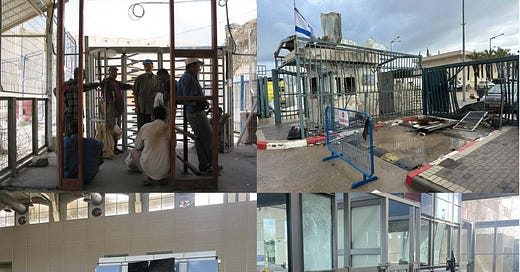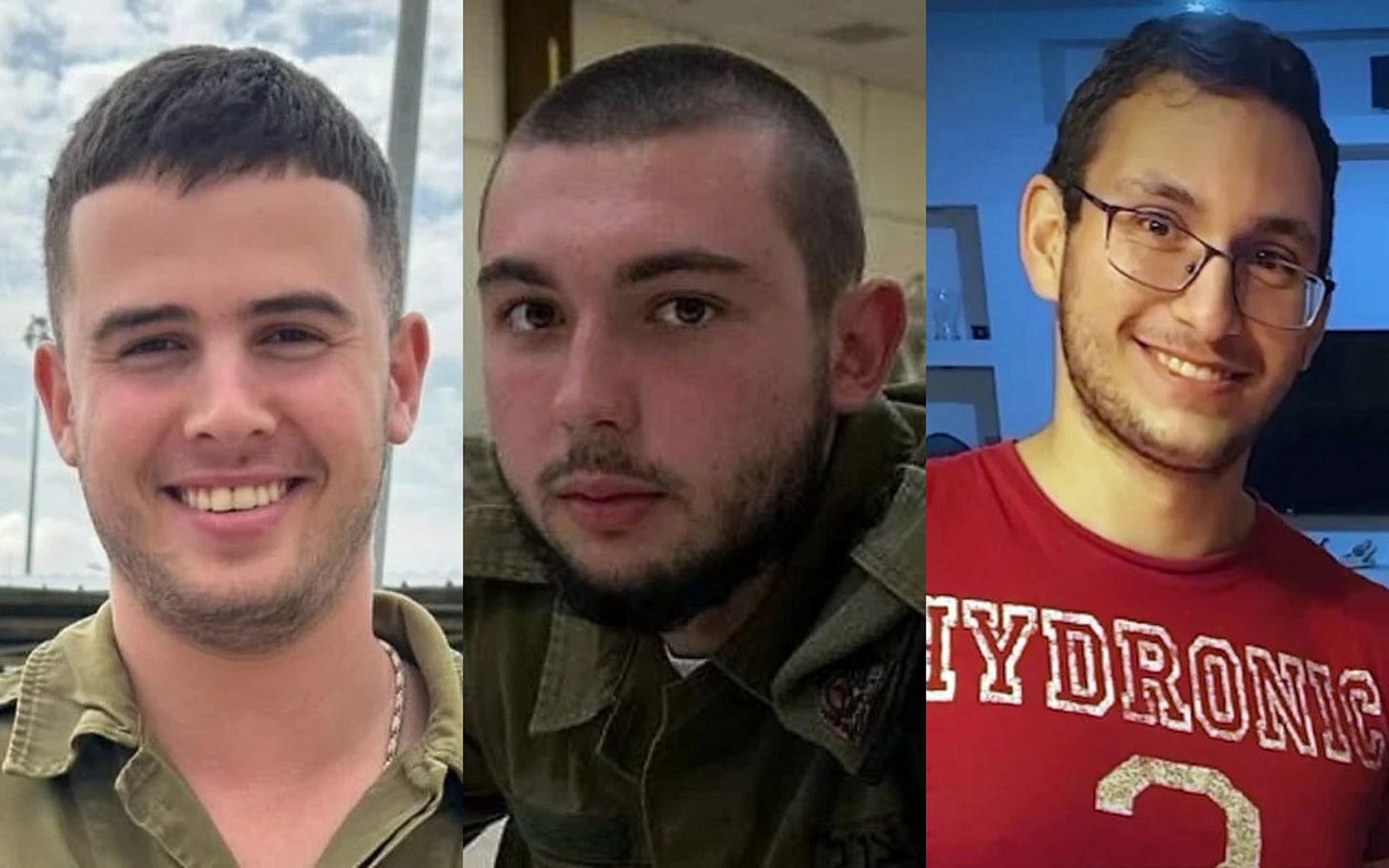Reflecting on the October 7th Inquiries
The Battle At The Erez Crossing and The Erez District Coordination and Liaison Base
Soon after the October 7th massacre and throughout the war, the IDF began the process of conducting operational inquiries to fully understand the events leading up to October 7th— how they unfolded, how we responded, and what we must learn from that devastating day. It’s how we take accountability and learn from the past, in order to strengthen our future and make sure it never happens again.
On Monday (31.03.25), the IDF released the findings of the operational inquiry into the battle at the Erez Crossing and the Erez District Coordination and Liaison base.
It took over a year to piece together the full scope of what happened—gathering intelligence, analyzing timelines, and speaking with the soldiers who were there, and with the bereaved families who carry the weight of that day, every day.
For many of us, especially for those who directly affected by the events of that day, the inquiry process isn’t just about tactics or timelines. It's a painful reminder of the day thousands of Hamas terrorists launched a brutal and unprovoked massacre against the State of Israel, murdering over 1,200 people, and abducting over 250 hostages into the Gaza Strip.
This inquiry tells the personal stories behind those numbers. The soldiers and civilians who stood in the face of terror under impossible circumstances and those whose courage saved lives, often at the cost of their own.
On October 7th terrorists used the Erez Crossing as an entry point to infiltrate into Israel. The Erez Crossing symbolizes what could have been.
For many, this crossing was a gateway of hope – allowing Gazan civilians to enter and work in Israel to build better lives for themselves. Hamas shattered that hope. They exploited the Erez Crossing, not just strategically but symbolically.
What was meant to be a bridge became a battlefield. Hamas’ cynical abuse of this crossing forever altered this symbol, as it now reminds us of the horrors of that Saturday morning.
This tragic hypocrisy is made painfully clear through the murder of nine soldiers and abduction of Sergeant. Ron Sherman, Corporal Nik Beizer and Corporal Tamir Nimrodi who served in the IDF’s COGAT unit.
These soldiers dedicated their service to helping develop Gaza’s economy and infrastructure and to improve the lives of those living in the strip.
This wasn’t a clash between equals. It wasn’t resistance. It was terrorism, pure and simple. Hamas didn’t rise up for a better future for their people. They sacrificed their own population to try and destroy ours.
This inquiry is not just a report; it is part of our commitment to transparency, accountability, and continuous learning. We owe that to the families of the fallen, to the wounded, to the families of the remaining 59 hostages still being held in Hamas captivity, and to every soldier who risked their life in defense of the State of Israel. Our mission – then, now, and always is clear: to defend the State of Israel and protect its people.
As the world tries to move on we must never stop telling the story of what happened on October 7th.
Until next time,
LTC Nadav Shoshani






Thank you @ltcshoshani, I really appreciate your essays, and feel this is another great insight you shared. Please continue sharing your thoughts and findings.
There was an official commission that investigated the causes of Israel's security and intelligence failings in 1973.
In spite of all of that research, the Israeli political and military establishments were once again taken by surprise because of a complete lack of understanding of who and what it was that they were up against.
A huge part of this seemingly incurable deficiency is the blindness of secularism.
People who do not take religion seriously, and see people as being only motivated by elementary economic and political concerns, are completely incapable of comprehending that there are others for whom material prosperity and a quiet and easy life are not the main thing.
They cannot understand that there are people, many people, who are operating on a completely different level.
For many, religious beliefs are more important than anything else - more important than a good job and a nice house and an easy life.
Also, Western secular decadence, as in immoral and amoral "moral relativism," excessive materialism, and even gender confusion - these rob men of a certain edge.
Was that what changed Moshe Dayan from the hero of 1967 to something else in 1973?
By the way, about the importance of religious beliefs, there are different kinds of religion. Some religious beliefs are more conducive to reason and compromise in the political arena - others are not.